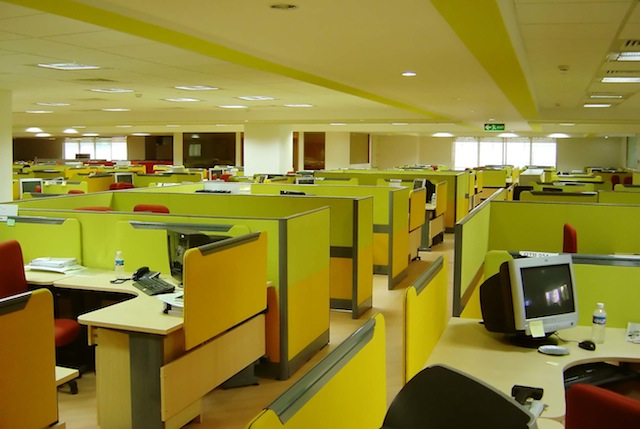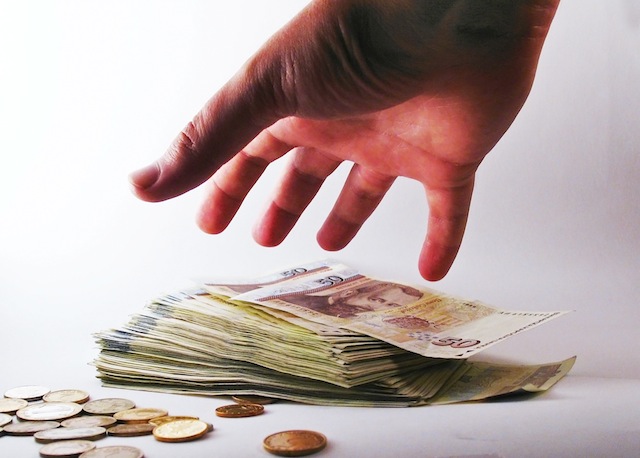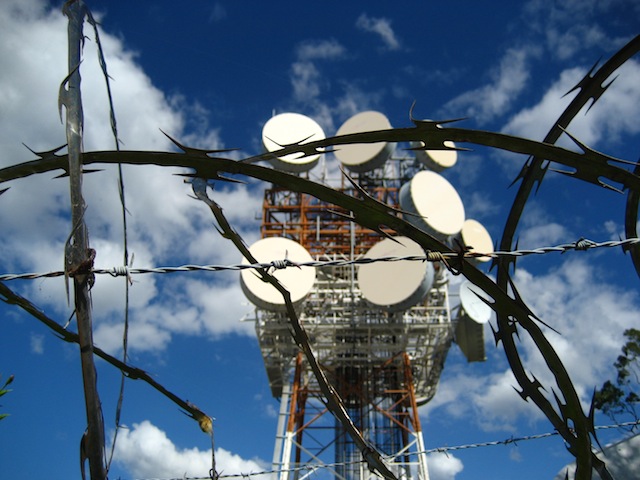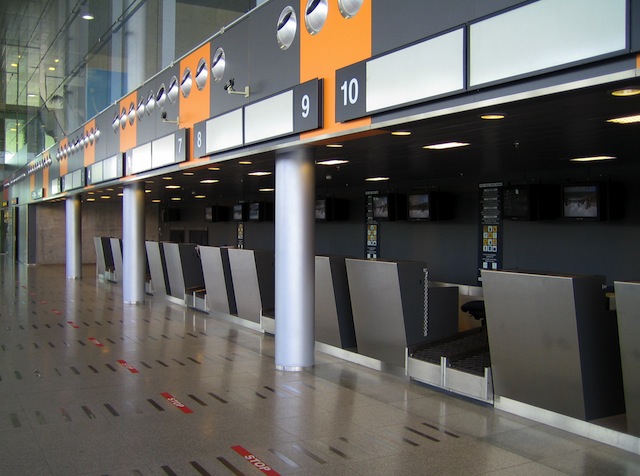Two interesting articles, one from English media writer Nick Cohen and the other from American journalist Eveline Chao, show how effective fear is for driving self censorship.
Eveline’s story, Me and My Censor, tells of her relationship with the Chinese Government censor appointed to monitor the publication she worked for in Beijing.
As well as having to avoid the 3Ts – Taiwan, Tibet, and Tiananmen – there were also a range of other delicate issues an active writer could find themselves being censored for as she relates in this conversation with her censor Snow;
We couldn’t use the cover image I had picked out for a feature on the rise of chain restaurants, because it was of an empty bowl, and, Snow told me, it would make people think of being hungry and remind them of the Great Famine (a period from 1958 to 1961 when tens of millions of Chinese starved to death, discussion of which is still suppressed). Even our Chinese designers began to roll their eyes when I related this change to them, and set them to work looking for images of bowls overflowing with meat.
Snow had learned the hard way about the power of imagery to upset the party functionaries. Snow explained why when she urged Eveline didn’t illustrate a story with a graphic showing stars;
I once published, in a newspaper, a picture of a book put out by the German embassy, introducing China and Germany’s investment cooperation. The book’s cover had a big stream on it, half of it the colors of the German flag, half of it red with yellow stars. I decided since it wasn’t a flag it was okay, and sent it to print. Our newspaper office was slapped with a fine of 180,000 yuan [today, around $28,000] and I had to write a self-criticism and take a big salary cut.
Self criticism and big salary cut – the things that middle managers fears regardless of whether they work in the Chinese Communist Party, the BBC or a bank.
The same fear of upsetting those in power is discussed in Nick Cohen’s article on the BBC’s disastrous and scandalous decision to pull a documentary exposing Jimmy Savile as a child abuser. Cohen quotes an interview where George Entwhistle, the executive responsible for pulling the program, was interviewed on the matter.
When Entwistle implied that the editor of Newsnight had no need to worry about his bosses circling over him like glassy-eyed crows, Evan Davis did what any sensible person would have done and burst out laughing.
Nick Cohen’s point was emphasised to me during the week when a former bank worker mentioned an executive had been disciplined for letting slip the bank was running several instances of a cloud computing service. Apparently the press and regulators could have been in the room where he discussed this.
Another example is a big organisation I’ve been regularly writing on where staff members regularly say “this is not a place where you question management.” An acquaintance that recently started there had to agree that they wouldn’t mention anything about the organisation, ever.
The problem with this self-censorship is that it quickly becomes destructive. In the United Airlines dead dog case, staff subject to arbitrary whims and discipline of management avoid taking decisions which often escalates situations where common sense would quickly find a simple solution.
It also means people jump to conclusions. Eviline relates the story of the tourist story;
One month, we ran a short news brief with figures on the number of mainland Chinese tourists that had visited the United States in 2007, and Snow flagged the number for deletion. We wondered what dirt we had unwittingly stumbled upon. Which government bureau oversaw tourism figures? What were they hiding? Finally, I called Snow, and learned that the numbers we had cited were for the number of Chinese tourists worldwide, not just in the United States.
So much for the would-be plot. Chagrined, I had to announce to my colleagues that we’d made a mistake.
A culture of secrecy also creates an atmosphere of distrust with every decision being analysed by staff, customers and outsiders for what nefarious motives lie behind even the most innocuous management decision.
Eventually those organisations become insular and inward looking with only those perceived as being ‘safe’ allowed to move into responsible positions which further entrenches the culture of secrecy and blame.
This is not healthy, but it’s where many of our government departments, political parties, sporting organisations and business are today including the BBC, Chinese media organisations and Australian banks.
For the disrupters, this is another competitive advantage.
Similar posts:




